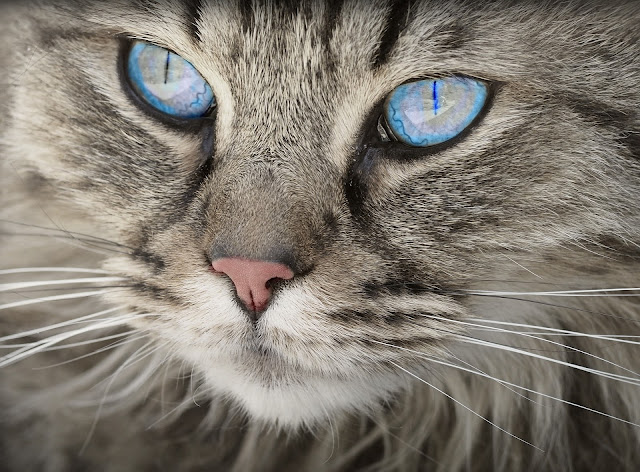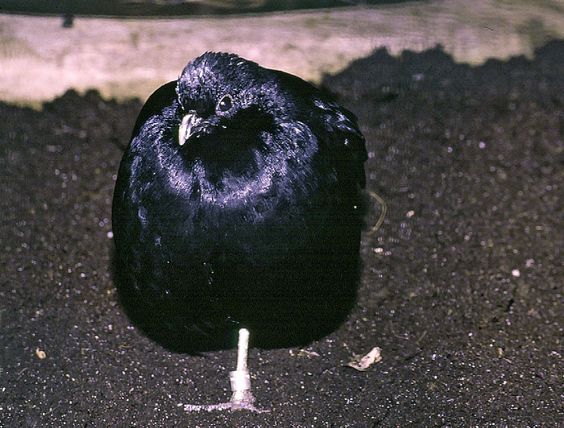Can Ducks See At Night
Ducks, like most birds, have good vision that allows them to navigate and find food during the day. However, their visual capabilities are not well adapted for night vision. Ducks have fewer light-detecting cells called rods in their eyes compared to other nocturnal animals, such as owls or cats, which are known for their exceptional night vision.
Ducks have a higher density of cones, which are responsible for color vision and visual acuity during bright light conditions. This suggests that ducks have better vision during the day when there is ample light available. In low-light conditions, such as at dusk or dawn, ducks may still be able to see to some extent due to their ability to adjust to different light levels.
While ducks have limited night vision, they rely on other senses to compensate for their visual limitations. For example, they have excellent hearing capabilities and can detect sounds that might indicate the presence of predators or prey. Additionally, ducks have a well-developed sense of touch, particularly in their bills, which helps them locate food in the dark or murky water.
Although ducks may not have specialized night vision, they possess certain adaptations that help them see better in low-light situations compared to humans. These adaptations include:
1. Large Pupils: Ducks have relatively large pupils that can dilate to allow more light to enter their eyes. This adaptation helps them gather as much available light as possible, enhancing their vision in dim lighting.
2. Tapetum Lucidum: Ducks, like many other animals, have a reflective layer called the tapetum lucidum located behind their retinas. This structure acts as a mirror, reflecting incoming light back through the retina, giving the light-detecting cells a second chance to capture it. This boosts the sensitivity of their vision in low-light environments.
3. Motion Detection: Ducks have a heightened ability to detect motion, even in dim lighting. Their eyes are sensitive to changes in light and movement, allowing them to quickly spot potential threats or prey.
4. Adaptation to Water Environments: Ducks often inhabit aquatic environments where visibility can be limited. To compensate for this, they have evolved with specialized visual adaptations. They have a wider visual field due to their laterally positioned eyes, which allows them to detect movement and potential dangers from various angles.
5. Feeding Strategies: Ducks that forage at night, such as the Muscovy duck, possess adaptations that aid their feeding behavior in low-light conditions. They have specialized bills with sensitive nerve endings that can detect prey by touch. This tactile ability enables them to locate food even when their vision is compromised.
It's important to note that while ducks have certain visual adaptations for low-light conditions, their abilities are still limited compared to nocturnal animals. They are most active during the day when visibility is optimal and rely on their visual and non-visual senses to navigate and survive.
While ducks do not possess true night vision, they have adaptations that help them see better in low-light conditions. These adaptations, combined with their other senses, allow them to function reasonably well during dawn, dusk, and in dimly lit environments. However, their visual acuity and ability to see in complete darkness are not as developed as those of true nocturnal animals.






